Menu
Hot-Topics
February 19, 2026 | SCOTUS Reaffirms Fourth Amendment Standard for Police Responding to Household Emergencies
Category: Historical

Furman v. Georgia: The Constitutionality of the Death Penalty
In Furman v. Georgia, 408 U.S. 238 (1972), a divided U.S. Supreme Court held that the death penalty could violate the Eighth Amendment’s prohibition on cruel and unusual punishment if not imposed fairly. The decision imposed a brief moratorium ...
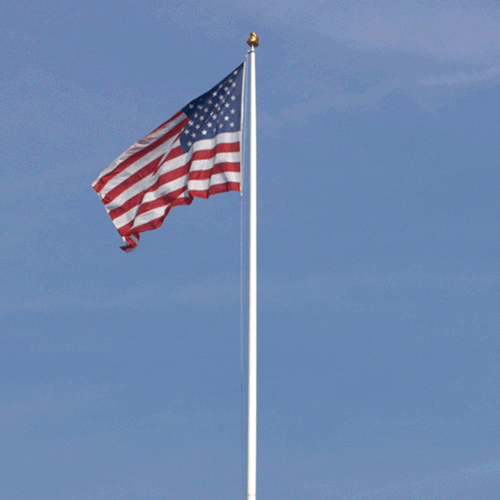
West Virginia State Board of Education v. Barnette
In West Virginia State Board of Education v. Barnette (1943), the U.S. Supreme Court held that requiring public school children to salute the American flag and recite the pledge of allegiance violates the First Amendment. The 6-3 decision was fit...

Marsh v. Chambers: The Establishment of Religion
In Marsh v. Chambers, 463 U.S. 783 (1983), the U.S. Supreme Court addressed the Establishment Clause of the First Amendment. By a vote of 6-3, the majority in Marsh v. Chambers held that the Nebraska Legislature's practice of opening each legislat...
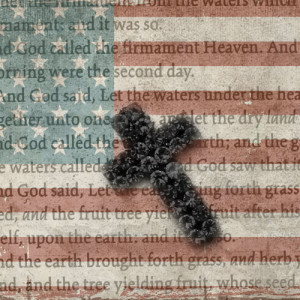
Cantwell v. Connecticut: The Free Exercise of Religion
In Cantwell v. Connecticut, 310 U.S. 296 (1940), the U.S. Supreme Court first applied the First Amendment's Free Exercise Clause to the states. A unanimous Court specifically held that arresting Jehovah’s Witnesses who were proselytizing door-to...

U.S. v. Carolene Products Company: The Importance of Footnotes
In United States v. Carolene Products Company, 304 U.S. 144 (1938), the U.S. Supreme Court upheld the validity of an economic regulation passed by Congress pursuant to the Commerce Clause. However, the case is more famous for “Footnote Four,” ...

Gideon v. Wainwright: The Sixth Amendment Right to Counsel
In Gideon v. Wainwright, 372 U.S. 335 (1963), the U.S. Supreme Court held that the Sixth Amendment’s guarantee of counsel applies to the states via the Due Process Clause of the Fourteenth Amendment. The Court’s unanimous decision expressly over...
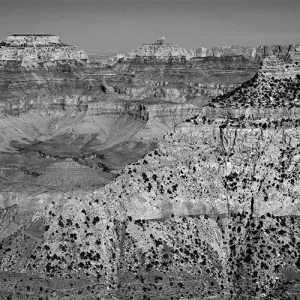
Miranda vs Arizona: The Bedrock of Criminal Law
Nearly 50 years later, the U.S. Supreme Court’s landmark decision in Miranda vs Arizona, 384 U.S. 436 (1966), remains one of the Court’s most influential Fifth Amendment rulings. By a vote of 5-4, the majority held that in Miranda vs Arizona ...
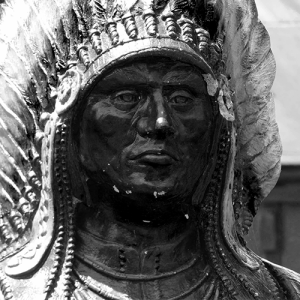
Johnson v. M’Intosh: The Power to Grant Land
In Johnson v. M’Intosh, 21 U.S. 543 (1823), the U.S. Supreme Court addressed whether Native Americans had the power to give, and of private individuals to receive, title to land. The justices ultimately answered, in the case of Johnson v. M'Into...
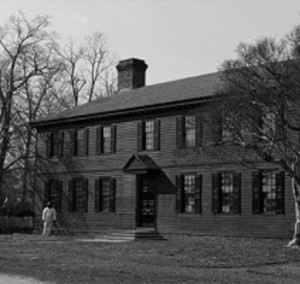
Dartmouth College v. Woodward: The Contracts Clause
In Dartmouth College v. Woodward, 17 U.S. 518 (1819), the U.S. Supreme Court held that the U.S. Constitution’s Contracts Clause prohibited state legislatures from interfering with individual property rights. Accordingly, the Court invalidated a ...
Previous Articles
SCOTUS Decision in Bowe v. United States Is First of the 2026 Term
by DONALD SCARINCI on February 5, 2026
In Bowe v. United States, 607 U.S. ___ (2026), the U.S. Supreme Court held that Title 28 U.S.C. § ...
SCOTUS Rules State Can’t Immunize Parties from Federal Civil Liability
by DONALD SCARINCI on January 29, 2026
In John Doe v. Dynamic Physical Therapy, LLC, 607 U.S. ____ (2025) the U.S. Supreme Court held that...
Supreme Court to Address Racial Discrimination in Jury Selection
by DONALD SCARINCI onWhile the U.S. Supreme Court has concluded oral arguments for the year, it continues to add cases t...
The Amendments
-
Amendment1
- Establishment ClauseFree Exercise Clause
- Freedom of Speech
- Freedoms of Press
- Freedom of Assembly, and Petitition
-
Amendment2
- The Right to Bear Arms
-
Amendment4
- Unreasonable Searches and Seizures
-
Amendment5
- Due Process
- Eminent Domain
- Rights of Criminal Defendants
Preamble to the Bill of Rights
Congress of the United States begun and held at the City of New-York, on Wednesday the fourth of March, one thousand seven hundred and eighty nine.
THE Conventions of a number of the States, having at the time of their adopting the Constitution, expressed a desire, in order to prevent misconstruction or abuse of its powers, that further declaratory and restrictive clauses should be added: And as extending the ground of public confidence in the Government, will best ensure the beneficent ends of its institution.
Awards





